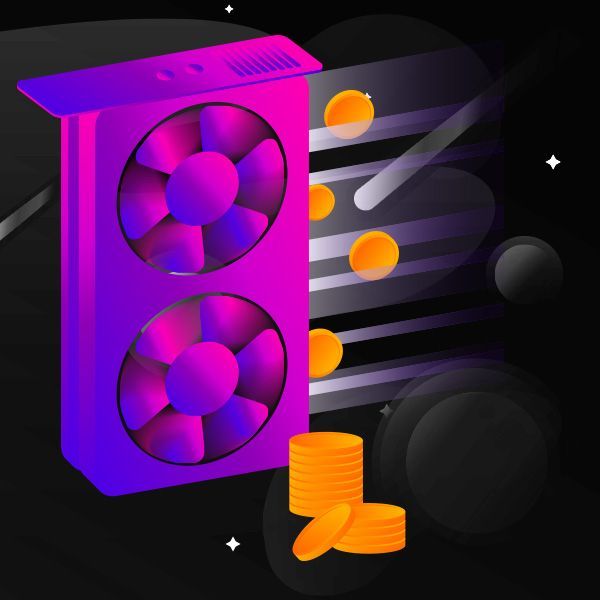What is Public-key Infrastructure?
Let's find out Public-key Infrastructure meaning, definition in crypto, what is Public-key Infrastructure, and all other detailed facts.
Public-key infrastructure (PKI) is a system that comprises tools for establishing public keys for encryption, ensuring the security of data transported over the internet. All recent web browsers have PKI, which assists in the protection of network users' web traffic.
Many businesses use it to protect private communications, and it is frequently used to assure the safety of linked equipment.
The public key is completely accessible to anyone and is utilized to encrypt messages sent to the user. After getting the message, users utilize a private key to decrypt it.
Furthermore, a complicated mathematical calculation is carried out in order to link the keys. Although the private and public keys are connected, this complicated calculation assists the connection. In regards to that, defining the private key by utilizing data from the public key is incredibly difficult.
Certificates authorize the individual or device the user wants to interact with. When the needed certificate is linked with a device, it is indicated as valid. The authenticity of the certificate can be verified by utilizing a framework that determines if it is legitimate or not.
So, PKI works by using two main systems, either certificates or keys.
A key is essentially a sequence of numbers that is utilized to encrypt data. The key formula is utilized for each element of a message.
For example, imagine a plaintext message “Hello”, is encrypted with this key, and now reads ”G34kJCDEldrt77," which seems to be just random numbers and letters. If someone gets this key, they will get to decrypt it and see the true meaning.
Additionally, PKI technology is also linked to cryptographic keys, which encrypt and serve authorized users and devices in a digital realm. To ensure that a certain key belongs to a person or device, the PKI enlists the help of another trusted intermediary to validate the identification using digital signatures. The key then serves as the user's digital identity on the network.
The majority of web browsers and computers trust many certificate authorities by default.
Digital signature technology is the core of the public key infrastructure since it uses public-key cryptography to generate each entity's secret key, which is only established to that entity and is used for signing.
Aside from a user or device, it might be a program, process, supplier, element, or anything else that can be connected to a key that acts as an entity's identity.
PKI is significant since it entails encryption and proof of identity, allowing for reliable and safe internet interaction. For instance, at a company, PKI can find an intruder attempting to get network access through a linked device, which helps to keep a serious threat at bay.
Additionally, the public key, which is derived from a private key, is made public and is extensively included in the certificate document. A certificate authority is a reputable third party that authenticates the document that connects the key to the device.
Besides, it possesses a cryptographic key that is utilized to sign these particular records. These are referred to as certificates.














